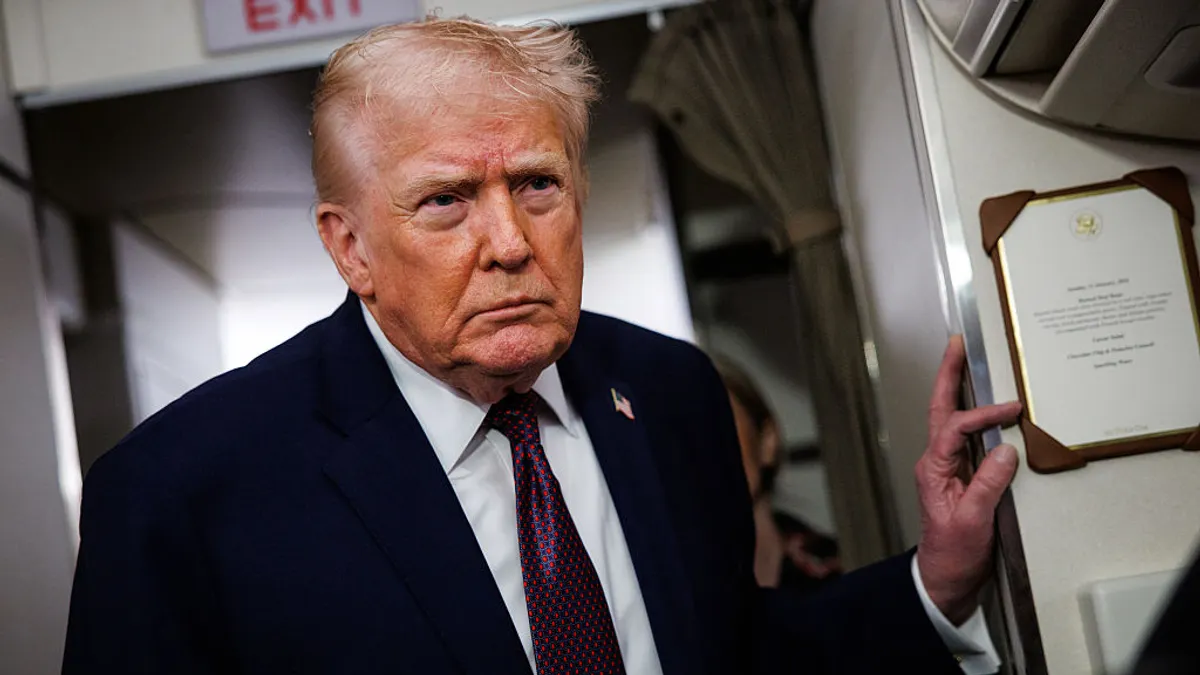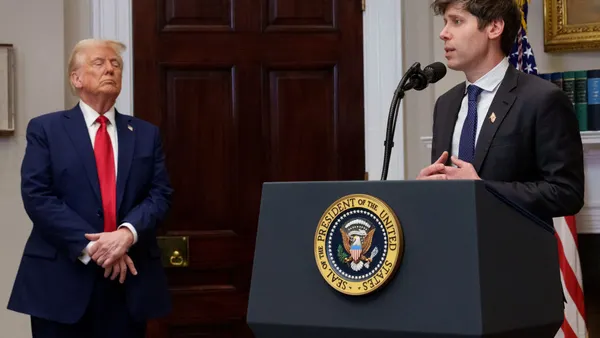I'm getting a lot of calls these days from executive recruiters frustrated with a lack of procurement talent to fill critical positions.
Their client companies are unhappy with a flow of candidates that lack board-base experience. Job seekers think the job requirements are almost impossible to fill and are wary of positions that seem to be too much for one person.
Both have a point.
Unrealistic criteria
I'm startled when I read some of the job descriptions from the employers, and I quickly understand why they feel like no one meets their criteria. The job descriptions are overblown, capricious and obviously not written by someone who has an understanding of the position.
One required the candidate to have a master's degree in supply chain management, experience in leading a lean manufacturing transformation, involvement in implementing an ERP conversion, certification in project management and have a deep international procurement experience.
Oh, and the candidate should have between five to seven years of experience, a hint that the job doesn't pay all that much, even for the superhero who might apply.
Chemistry is a two-way street, and great candidates can turn down job offers if they don't feel there is an organizational fit.

Procurement pros who contact me have their own job search shortcomings. I see resumes focused on the micro issues around supplier quality and delivery metrics, fractional cost savings and a nod toward their understanding of analytics. They are not the big-picture candidates that appeal to the intensifying needs of the procurement marketplace.
We can bridge this gap by focusing on organizational chemistry.
I've relied on three simple questions when determining the potential of a candidate, assuming that I've created an accurate and reasonable job description by aligning organizational need, professional experience and reasonable compensation.
- Does the candidate have the baseline skills required for the job?
- Would their personalities and experience fit within the department and the company in general?
- Am I being true to my instincts?
I hired an expeditor after a 25-minute conversation about her experience volunteering at an animal shelter. The dedication and passion for her job came through loud and clear. Her lack of experience in an industrial setting was more than offset by her personality, ability to become part of the team and willingness to learn. She's had a great career in supply chain management.
My instincts failed me when I recommended offering a job to someone with whom the entire hiring committee was uncomfortable. This person had the educational credentials, industry experience and great references. But we were not sure there was a personality fit. We took a chance and within a month parted ways. It was actually his choice to move on. He did not feel comfortable in our organization and went back to his former employer.
Below are a few ways to hire for performance and fit.
Have reasonable job requirements and expectations
Show candidates you understand the scope of the job. Unreasonable job requirements scare good candidates away and reflect negatively on the company. A poorly constructed job posting shows that the company is unclear on its requirements and expectations.
Companies have told me they like to cast a wide net to see what they can catch. Often, the net comes up empty.
Instead, focus the job requirements, be reasonable on the levels of experience needed and compensate fairly. Good candidates are out there.
Hire for experience and potential
Hire candidates that come up just short of the full job criteria. Those who are overqualified will get bored with the position and can become disruptive by looking for the next best thing — either internally or externally. They may be looking at this job as a placeholder and are not worthy of a long-term commitment.
Those who need to grow into the position allow for professional development and coaching. The employee is motivated to learn and grow, and they usually adapt well within the procurement organization.
Use sound interview techniques
Cross-functional hiring committees and group interviews are powerful. Employees from other functions bring a different perspective to the interview and can offset the restrictive procurement paradigm around the requirements for the position.
Participating in the interview process is also a great way for those outside of the function to gain a better understanding and appreciation for the needs of the procurement department.
Hire candidates that come up just short of the full job criteria

Group interviewing settings that use open-ended, scenario-based questions help to determine important chemistry related qualities. Asking a candidate to describe a situation where they were able to improve supplier performance through relationship building is more revealing that the typical humdrum questions about where the candidate want to be in two to three years.
Seeing how they handle group dynamics, an essential in procurement, is a key performance indicator.
Chemistry is a two-way street, and great candidates can turn down job offers if they don't feel there is an organizational fit. I lament the candidates I've lost over the years for reason or another. But I do enjoy working with the ones that really fit in well.
This story was first published in our weekly newsletter, Supply Chain Dive: Procurement. Sign up here.



















